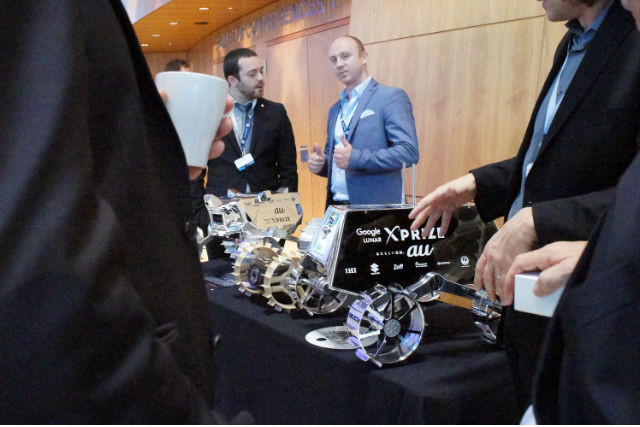The Luxembourg Institute for Science and Technology and the Interdisciplinary Center for Security, Reliability and Trust (SnT) at the University of Luxembourg have secured €700,000 from national research funding board, the FNR, for the project.
The SnT will help develop surface navigation solutions for future rover missions to map water deposits on the moon. The system will include the sensing, localisation, motion planning and adaptation to the environmental conditions of an application on the moon's surface.
Meanwhile, List researchers will take their high performance, compact mass spectrometer to another level, integrating the instrument into a space micro-rover robot to characterise the lunar water it collects so that it can be used in future.
“Our partnerships with the University of Luxembourg and List are essential for the future success of these pioneering missions,” Julien Lamamy, engineering manager of Ispace Europe, said in a press release published by the economy ministry on Thursday.
The project is a public-private research initiative from government-backed body SpaceResources.lu, which aims to explore and use space resources for the benefit of humankind.
Ispace Europe is one of a handful of space companies which has moved to Luxembourg. It is developing micro-robotic systems to locate, characterise, extract, produce and deliver resources from the lunar surface to customers on the moon and in space.
